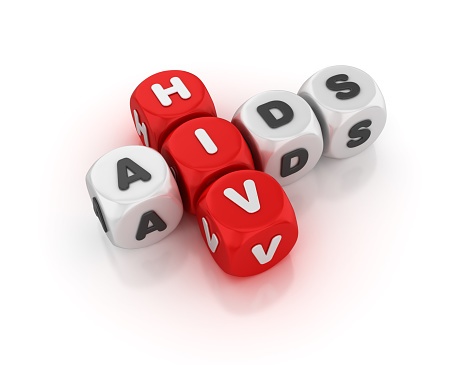Investigators examined the effects of anti-programmed death (PD)-1 antibody treatment on human immunodeficiency virus (HIV) reservoirs and inflammatory cytokines in patients with active infections who were also diagnosed with non-small cell lung cancer (NSCLC). Their report, published in the Journal of Inflammation Research, found that cell-associated HIV RNA (CA-HIV-RNA), HIV DNA, and interleukin (IL)-6 levels all increased significantly after infusions with anti-PD-1 monoclonal antibodies in the HIV-positive patients with NSCLC.
According to the study’s lead author, Xiaorong Peng, MD, the team’s findings “support an early transient effect of anti-PD-1 monoclonal antibody infusion on HIV reservoirs.”
The researchers administered 14 infusions of anti-PD-1 antibodies in 21-day intervals to a total of three patients with HIV and NSCLC. Blood samples were taken before each infusion, as well as at two hours, 24 hours, and seven days after each infusion. CA-HIV-RNA, HIV DNA, and inflammatory cytokines were analyzed at each visit.
According to the report, significant increases were seen in CA-HIV-RNA (p = 0.049), and HIV DNA (p = 0.042) 24 hours after each infusion. The Z-score for IL-6 increased from -0.46 ± 0.53 to 0.28 ± 0.78 at 24 hours post-infusion (p = 0.02), and continued to increase to 0.61 ± 1.0 at seven days post-infusion (p = 0.007). Additionally, the study’s authors reported a significant correlation between IL-6 and HIV DNA (p = 0.02).
The investigators posited that their results demonstrated favorable effects of anti-PD-1 antibody infusions for HIV-positive patients with NSCLC, at least in the short-term. The team did close with the acknowledgement that “the long-term effect needs to be investigated in a larger cohort with a longer follow-up period.”
Source: Journal of Inflammation Research









